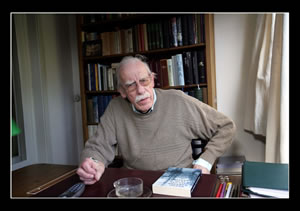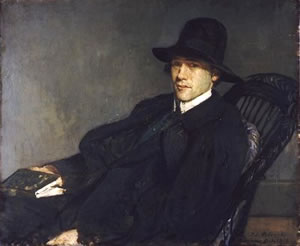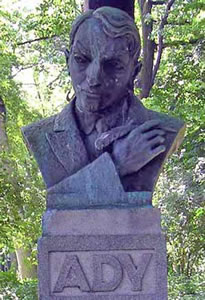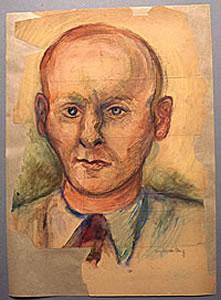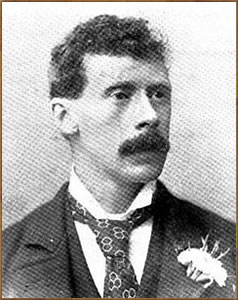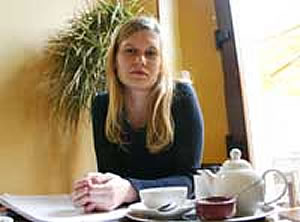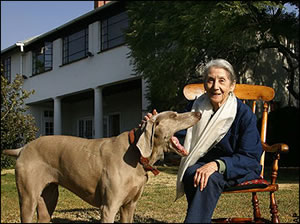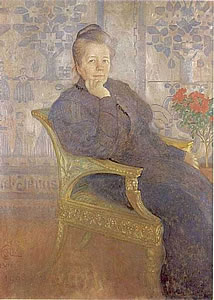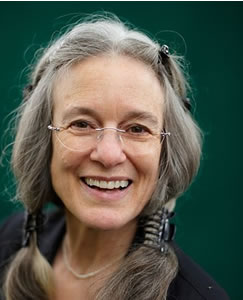De Nederlandse dichter en schrijver Sipko Melissen werd geboren in Scheveningen op 23 november 1944. Melissen debuteerde in 1985 met de dichtbundel Gezicht op Sloten. In 1997 ontving hij voor zijn roman Jonge mannen aan zee de Anton Wachterprijs (voor het beste debuut). In 2000 verscheen De huid van Michelangelo en in 2003 De vendelzwaaier. Ook heeft Melissen een dichtbundel gepubliceerd in 1985, Gezicht op Sloten. In zijn romans spelen zelfonderzoek, de zoektocht naar inzicht en vriendschap tussen al dan niet homoseksuele mannen een belangrijke rol.
Buitenhuis
De appelboom staat al weer klaar
de bloesems komen dit voorjaar
laat maar zij komen niettemin
want in de takken huist geduld
een winter lang zijn zij vervuld
van niets dan breekt voor ons de knop
de bloei gebeurt in lichte tint
dan komen vlinders en de wind
de blaadjes worden losgerukt
en in de zomer als wij komen
hangen de appels aan de bomen
eten wij appels uit de hand
de takken raken leeggeplukt
ik overdenk het kort geluk
tussen bloesem en appelmoes
de appelboom is een parabel
die vrucht afwerpt in menig fabel
en aan mijn houten keukentafel

Sipko Melissen (Scheveningen, 23 november 1944)

